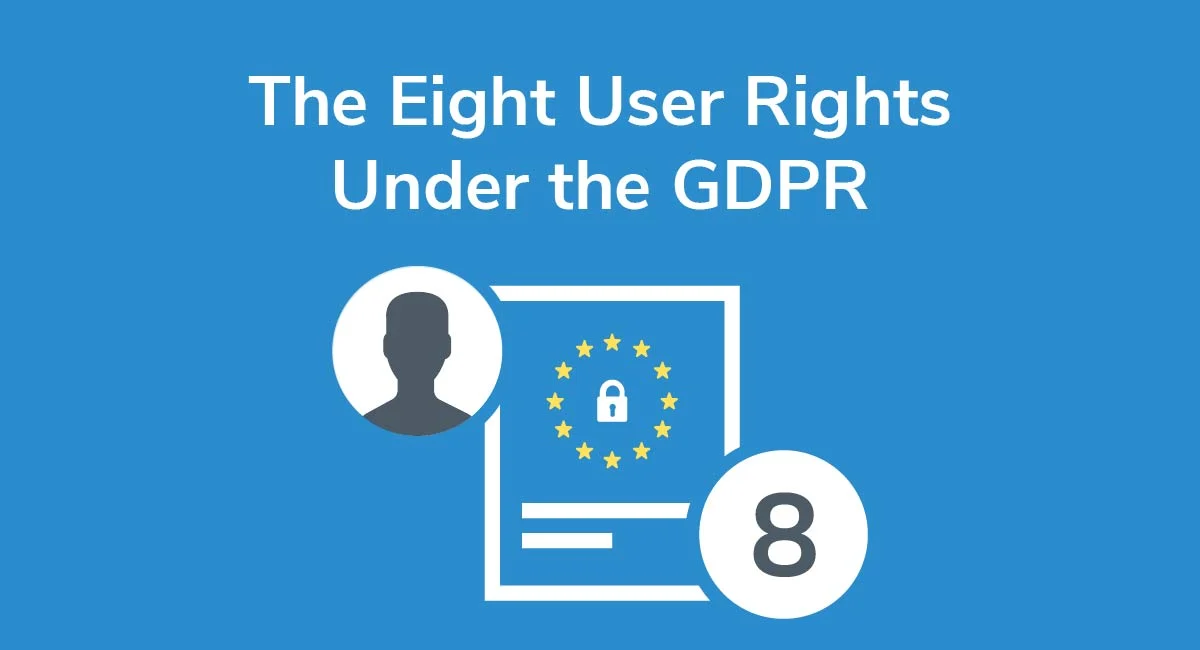Understanding GDPR Rights: Empowering Individuals in Data Protection
 Cloud Tuned
Cloud TunedTable of contents

Understanding GDPR Rights: Empowering Individuals in Data Protection
The General Data Protection Regulation (GDPR) introduced by the European Union (EU) in 2018 not only imposes obligations on businesses and organizations but also enhances the rights of individuals concerning their personal data. These rights, outlined in Articles 12 to 23 of the GDPR, empower individuals to have greater control over their personal information and how it is used by organizations. In this article, we'll explore the eight fundamental rights granted to individuals under the GDPR.
1. Right to Information
Individuals have the right to be informed about the processing of their personal data. This includes details about the identity of the data controller, the purposes of data processing, the categories of personal data involved, recipients of the data, and information about their rights under the GDPR.
2. Right of Access
The right of access allows individuals to obtain confirmation from the data controller as to whether their personal data is being processed and, if so, to access that data. Individuals can request details about the purposes of processing, the categories of personal data involved, the recipients of the data, and more.
3. Right to Rectification
Individuals have the right to request the rectification of inaccurate or incomplete personal data held by organizations. Upon receiving such a request, data controllers are required to promptly correct any inaccuracies and ensure that the personal data remains accurate and up to date.
4. Right to Erasure (Right to be Forgotten)
The right to erasure, also known as the right to be forgotten, allows individuals to request the deletion or removal of their personal data when certain conditions are met. This includes situations where the data is no longer necessary for the purposes for which it was collected or processed or where the individual withdraws their consent.
5. Right to Restriction of Processing
Individuals can request the restriction of processing of their personal data under certain circumstances. This right enables individuals to limit the processing of their data while disputes are being resolved, accuracy is being verified, or objections to processing are being considered.
6. Right to Data Portability
The right to data portability allows individuals to obtain and reuse their personal data for their purposes across different services. Individuals can request a copy of their data in a structured, commonly used, and machine-readable format, facilitating the transfer of data between service providers.
7. Right to Object
Individuals have the right to object to the processing of their personal data in certain situations, including processing for direct marketing purposes or processing based on legitimate interests or the performance of a task carried out in the public interest or in the exercise of official authority.
8. Rights Related to Automated Decision Making and Profiling
The GDPR provides individuals with rights related to automated decision making, including profiling, which has significant effects on them. Individuals have the right to request human intervention, express their point of view, and challenge decisions made solely based on automated processing.
Conclusion
The General Data Protection Regulation (GDPR) grants individuals a comprehensive set of rights concerning their personal data, empowering them to exercise control over their privacy and how their information is handled by organizations. By understanding and asserting these rights, individuals can play an active role in protecting their data and ensuring that organizations comply with data protection laws. For organizations, respecting these rights is not only a legal obligation but also essential for building trust with customers and maintaining compliance with the GDPR.
Subscribe to my newsletter
Read articles from Cloud Tuned directly inside your inbox. Subscribe to the newsletter, and don't miss out.
Written by
